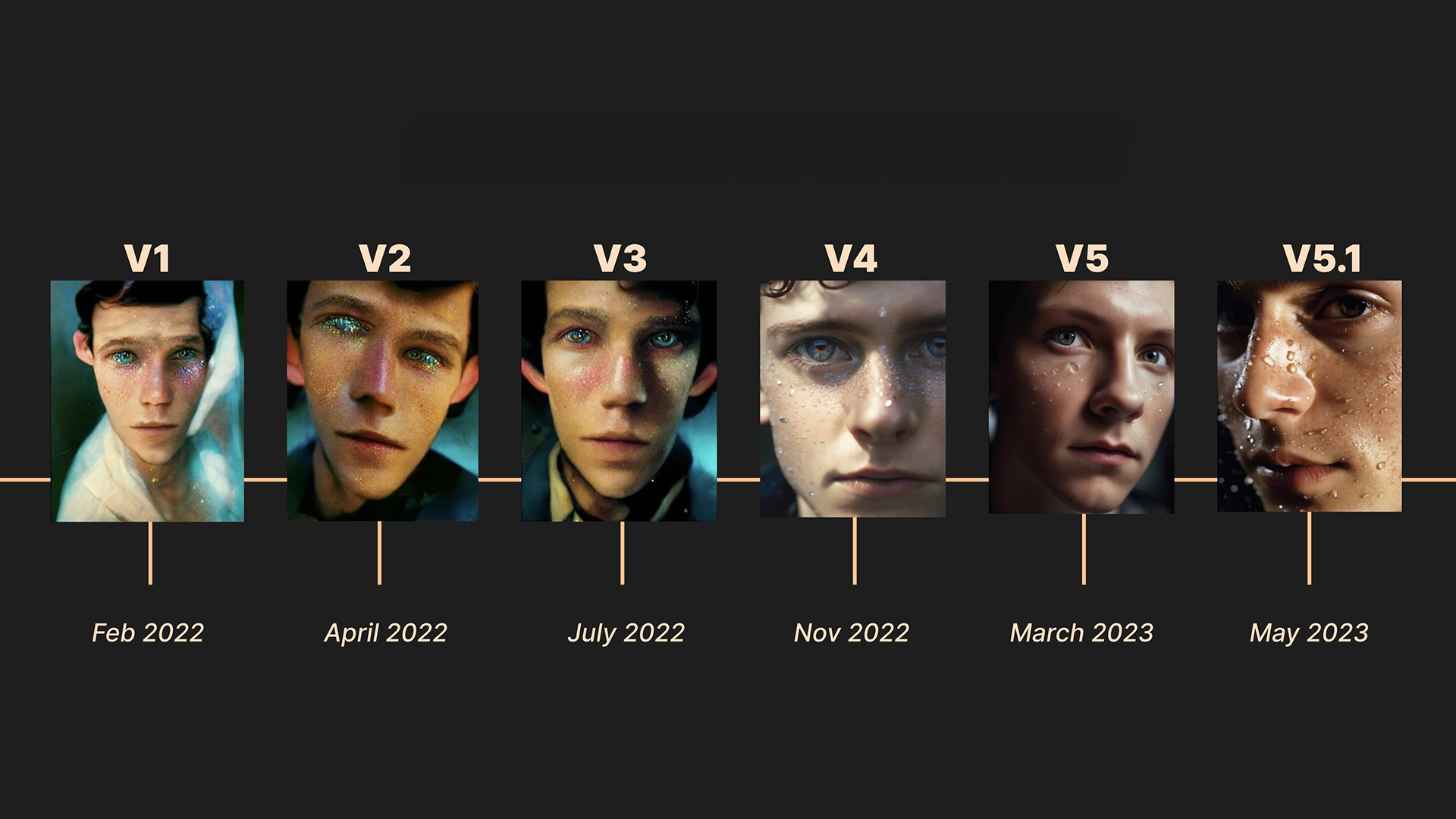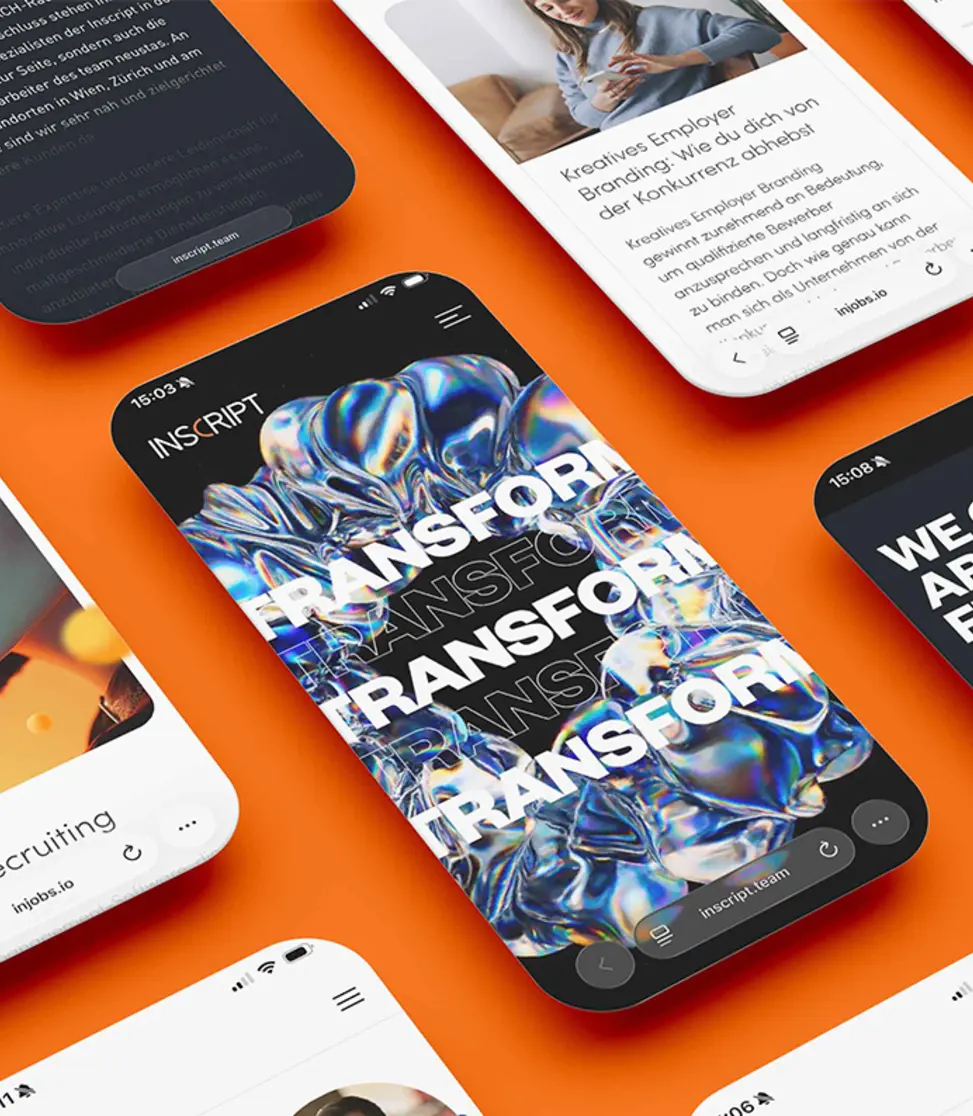


Künstliche Intelligenz im Wandel
Advances in artificial intelligence (AI) have undergone a remarkable transformation in recent years. From science fiction ideals to practical applications in our daily lives, AI has become an indispensable part of the modern technological landscape. In the media world, AI has had a transformative impact, progressing from automating simple reporting and data analyses to more complex tasks. News organisations are using AI algorithms to generate real-time reports based on data feeds and events that mimic the style of human journalists. A significant milestone has been the use of deep learning, a subcategory of machine learning that enables patterns in data to be recognised and automatically learned. This has led to impressive advances in areas such as image and speech recognition, medical diagnosis, autonomous driving and personalised recommendation systems.
In addition, new forms of AI have emerged, including increasingly ethical and responsible approaches to the design of AI systems. Discussions about data protection, bias in algorithms and the impact on jobs and society show that the development of AI raises not only technical, but also social and ethical questions. Artificial intelligence is increasingly being used to monitor and analyse trends in social media to gather real-time data on viral content, sentiment and discussions. These insights help media organisations to adapt their reporting and strategic decisions. In addition, the development of artificial intelligence in the areas of image generation, text generation and video generation has made considerable progress.
In the past vs. today
In the early years of image generation by AI, the images produced were often blurred and limited to simple patterns or abstract shapes. The AI models had difficulty correctly reproducing details and complex scenes. With advances in deep learning, particularly through the use of Generative Adversarial Networks (GANs), AI systems are able to generate high-resolution images that are more realistic and detailed. They can reproduce complex scenes, faces and landscapes with impressive accuracy. Early text generation systems were mainly based on predefined rules and patterns. They could generate simple texts, but were often linguistically limited and sometimes produced incoherent or grammatically incorrect sentences. Modern text generation systems utilise advanced neural networks, such as transformer models. These models can generate natural language texts that are difficult for humans to distinguish from human-written texts. They understand the context better, can take stylistic nuances into account and have greater coherence in their output.
Video generation by AI was very limited in the early days. There were approaches to automate the creation of simple animations or visual effects, but the results were often crude and oversimplified. Advances in video generation through deep learning have led to amazing results. AI systems can generate realistic video sequences that include complex movements, facial expressions and scenarios. This is made possible by technologies such as neural video animation and advanced rendering algorithms.
Fazit
The future of artificial intelligence promises even greater innovations and challenges. Overall, AI will continue to play a key role in how we work, communicate and live. It remains exciting to see how these technologies will continue to develop and shape our world.
Despite these advances, media organisations face challenges in ethical use, transparency and maintaining journalistic integrity when dealing with AI. It remains important to examine how AI has changed the media landscape, what potential it offers and what challenges need to be overcome to ensure the responsible integration of these technologies.
Frequently Asked Questions
FAQ
AI has transformed the media landscape through automated reporting, personalised content and real-time analysis of trends in social media.
Media organisations face challenges such as ethical use, transparency and ensuring journalistic integrity when dealing with AI technologies.
Each of these AI technologies offers unique features and applications, from advanced voice assistance to business productivity support.
AI is expected to automate certain areas of work, while at the same time creating new job opportunities in the development, maintenance and improvement of AI-based systems. This raises the question of how to train and qualify the labour force for these changes.












